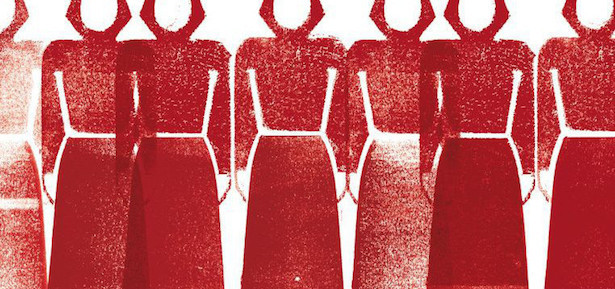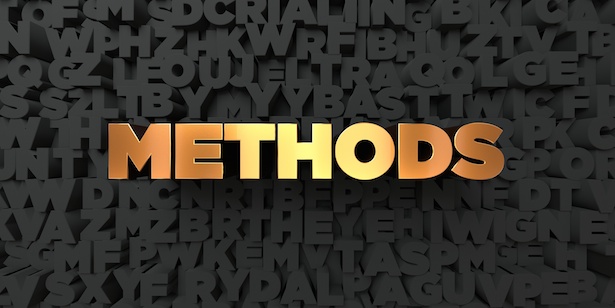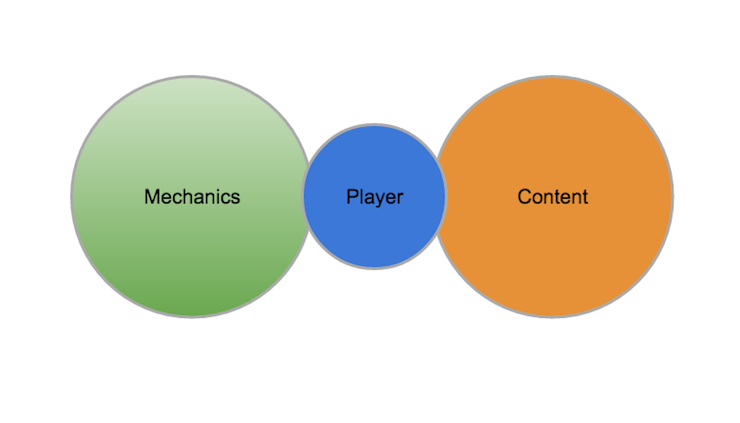A few months ago, I wrote a couple posts connecting feminist science fiction and feminist SF criticism to the field of feminist game studies as a way of thinking through the ways feminist game studies might draw from the practices enacted in the field of feminist science fiction in order […]
feminist game studies
Several weeks ago, I examined Nina Lykke’s Feminist Studies: A Guide to Intersectional Theory, Methodology and Writing in order to consider the ways intersectional methodologies might be used within the field of feminist game studies. I talked about the idea that intersectional methodologies allow for a multiplicity of feminist methods […]
In her post this week, Alisha discussed both the challenges of and need for feminist writing that examines, as she puts it, our “world of games.” Her discussion of these things brought to mind, for me, a book I’ve been reading this week—namely, Writing Academic Texts Differently: Intersectional Feminist Methodologies […]
The word phenomena is one I’ve been coming across a lot the past few weeks. In “Virtual Bodies in Virtual Worlds: A Phenomenology of Play in Video Games,” Benjamin Gattet, for one, applies Maurice Merleau-Ponty’s discussion of phenomena to “the experience of playing a video game” through the use of […]
I find myself lately (and almost always, really) continuing to think about the future of feminist game studies, continuing to consider its implications and situatedness in academia, continuing to interrogate its orientations, goals, uses, and perspectives. And one thing I have especially been thinking about—something I find myself consistently returning […]
Episode 135: Just Too Canadian: A Conversation on Feminist Game Studies with Emma Vossen (Right click and save as to download, or find us on iTunes, Stitcher, Google Play, or TuneIn). This week we talk with outgoing Editor-in-Chief of First Person Scholar, Emma Vossen (University of Waterloo) about feminist game studies, “doing” game studies […]
In response to a 2014 essay in First Person Scholar by Miguel Penabella, Jim Gee said, “For me, what makes a video game good is a loving marriage between game mechanics and content,” a simple statement that feels like a summary of much of the ludic theory we work with […]







